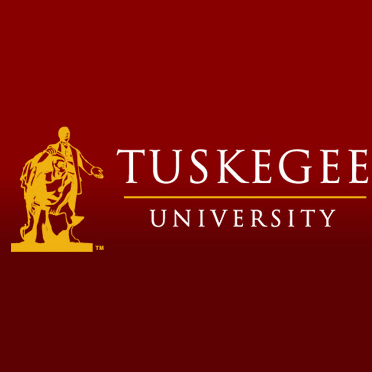 Tuskegee University has partnered with Ross University School of Medicine to increase the number of African-American students who enter medical school at RUSM, and ultimately become physicians. According to the U.S. Census, only 6 percent of physicians are African American.
Tuskegee University has partnered with Ross University School of Medicine to increase the number of African-American students who enter medical school at RUSM, and ultimately become physicians. According to the U.S. Census, only 6 percent of physicians are African American.
“This is an exciting partnership that I expect will yield tremendous dividends for everyone involved — especially for Tuskegee University’s students, whose broadening professional opportunities will also mean a more diverse medical workforce,” said Tuskegee University’s president, Dr. Lily D. McNair. “I look forward to the wonderful opportunities for our students and our university, as Tuskegee gains a valuable academic partner.”
The new pathway program will provide qualified Tuskegee students who are accepted to RUSM with a scholarship covering full tuition for their first semester. These students will spend their first two years of medical school at the RUSM campus in Barbados.
“Significantly greater representation in medicine is imperative to the health of our communities and our nation, and RUSM’s unique impact and portable lessons on medical school diversity promise to reduce health disparities,” said RUSM dean and chancellor, Dr. William F. Owen Jr. “We are pleased to partner with Tuskegee University. By increasing the participation of underrepresented Americans in health education we promulgate an opportunity to share in social justice for health.”



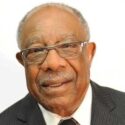

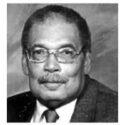
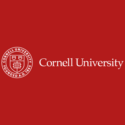



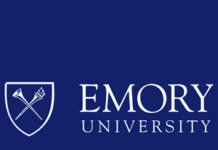

“This is an awesome opportunity for Tuskegee University and the medical community at large.” Hopefully once these students finish their medical training they will opt to serve under served communities.
Thank you for reminding us of this important societal obligation of medical schools. My aim is return to these students to low resource communities. Ross is already quantitatively a leader in training physicians that are under-represented in the medical workforce, and that practice in primary care, and work in medically under-resourced communities. Next Fall, we are beginning a training program for senior medical students who want to practice in special communities like low resource rural and urban areas.
This is a good idea, but it seems to be a band aid to the real problem. Also medical students will have to be aware of the licensure procedures in the United States vs. abroad. It is also up to the other historically black medical schools to try to alleviate the shortage of primary care and rural physicians. Hopefully other HBCUs can also partner with other private white colleges and universities i.e Brown University or Vanderbilt and work on dealing with this issue.